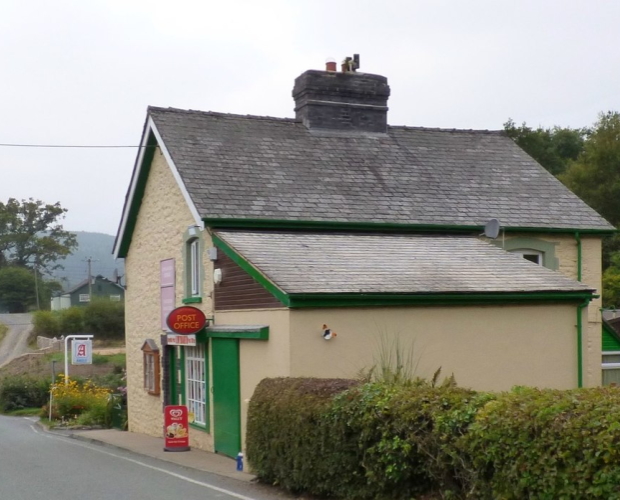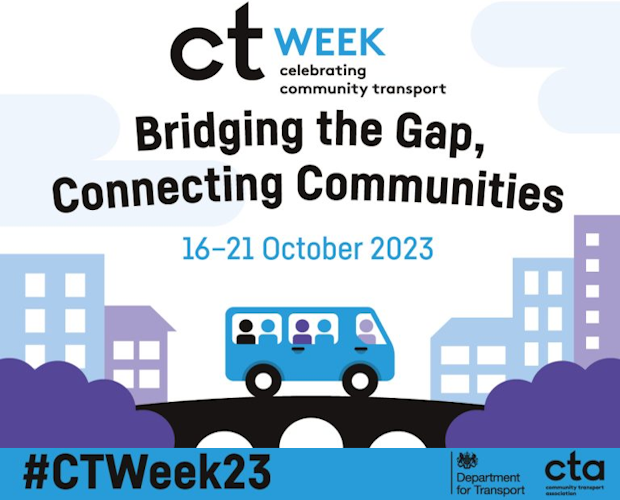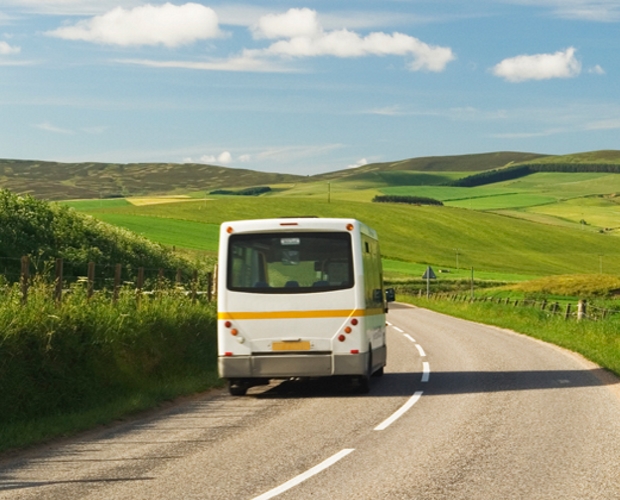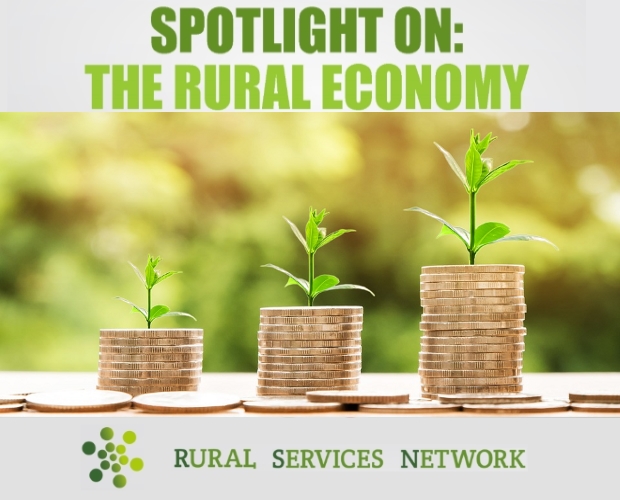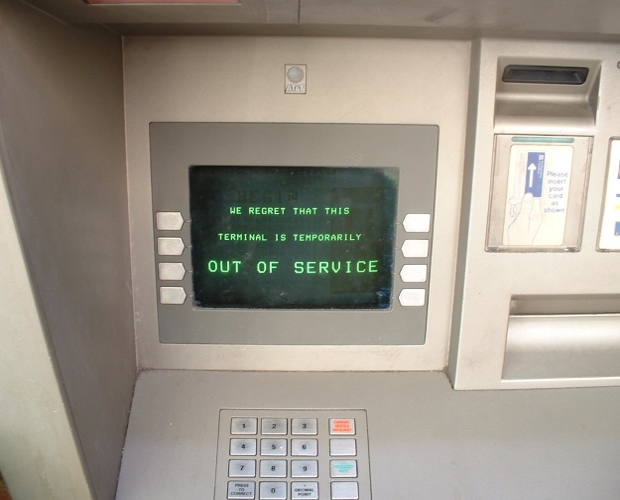T: 01822 851370 E: admin@sparse.gov.uk
Somerton & Frome MP reminds government of the real cost of the Rural Premium

The challenges facing rural areas have been repeatedly debated in Parliament this week. Alongside Chris Loder MP’s debate on funding for rural councils (read what happened here), Sarah Dyke MP (Somerton & Frome, Lib Dem) used her first debate to highlight the broad spectrum of issues facing rural areas. Opening the debate, she said:
“To begin, I will explain the challenges that affect rural communities, and how their rurality provides specific complications that are often missed or ignored by central Government. People who live in rural areas face added living costs known as the rural premium. The Joseph Rowntree Foundation found that they typically need to spend around 10% to 20% more on everyday essentials than their urban counterparts. The rural economy is 19% less productive per worker than the national average, which is reported to cost the UK economy £43 billion per year. Employers face difficulties recruiting staff as rural areas generally have poorer public transport connections, resulting in employees relying on private vehicles and facing higher fuel expenditure.
“The Government recognised the need to assist rural areas with the cost of travel and introduced the rural fuel duty relief in 2001, and it was extended again in 2015. However, it extends only to the most remote parts of the UK. I urge the Government to listen to Liberal Democrat calls for the scheme to be extended to cover most rural areas in the UK, including Somerset.”
She was supported in her point by Dr Luke Evans MP (Bosworth, Con), who said:
“I congratulate the Hon. Member on securing this debate. She is doing a wonderful job raising many of the issues that I also see in Bosworth, which is an 85% rural community. She has hit on the issue of sparsity and its impact on the delivery of services that need to be able to reach people, such as care workers. Does she agree that the Government should consider changing the local authority funding formula such that it takes sparsity into account? That would make a real difference, because it is a real problem when it comes to hidden rural poverty.”
Ms Dyke agreed with Dr Evans and went onto outline many of the areas the RSN has campaigned on, including:
- Rural Connectivity: “Poor levels of rural connectivity and broadband impact rural economies, limiting growth and inhibiting people’s lives. New research by Vodafone UK revealed the extent of the rural digital divide across the UK. Somerton and Frome is in the bottom 6% of constituencies for mobile coverage, and nearly a quarter of the constituency is in a total 5G notspot. This has a significant impact on attracting businesses to the area, with rural businesses already struggling with online sales, services and accepting credit card payments.”
- Rural Affordable Housing: “The higher likelihood of rural communities not having a direct relationship with their energy supplier has posed different difficulties for rural consumers from those faced by their urban counterparts. A quarter of homes in Somerton and Frome are off the gas grid and rely on alternative sources of fuel. Between 2021 and 2023, heating oil prices rose by 77% and the price of liquid gas doubled. The energy price guarantee introduced by the Government to cap people’s energy costs did not cover off-grid homes. They were forced to wait for the Government’s alternative fuels payment. It was initially £100, but after extensive lobbying, including by some of my Liberal Democrat colleagues, the Government increased that to £200. However, it was not rolled out for those completely off grid until March 2023. Those who are off grid are still suffering high fuel costs, with liquified petroleum gas twice the price it was two years ago. I believe that the Government need to introduce a cap on domestic heating oil to support rural areas.”
- Rural Transport: “The Government recognised the need to assist rural areas with the cost of travel and introduced the rural fuel duty relief in 2001, and it was extended again in 2015. However, it extends only to the most remote parts of the UK. I urge the Government to listen to Liberal Democrat calls for the scheme to be extended to cover most rural areas in the UK, including Somerset.”
- Rural Economies: “Three banks have closed in Somerton and Frome in the last year alone, and the sharp drop in Government services through post offices has exacerbated the problem of post offices closing. Since 2010, Government services through post offices have declined by over 75%, as provision has been withdrawn. That affects the profitability of post offices and withdraws a valuable front-facing public asset from rural communities.”
MPs from varying political parties joined the debate covering issues like school transport, funding for children with SEND and flooding. MP for Tiverton & Honiton, Richard Foord (Lib Dem) also raised the point about what levelling up means for the urban/rural divide:
“As an MP representing rural Devon, every day I see at first hand the impact on my constituents of decisions made in Westminster. The Conservative party was pretty canny in 2019 to include in its manifesto the term “levelling up”, because what people in my constituency heard was that the historical imbalance between the west country and other parts of the country—the south-east, in particular—would be addressed. What I have been hearing in the past 18 months is that that illusion has been utterly shattered. Rural communities feel more left out and ignored than ever, and that applies to public services, local businesses and individuals.”
Tim Farron MP (Westmorland & Lonsdale, Lib Dem) also raised the issue for health and care services in rural areas. He said:
“The reality in a community like mine is that, throughout south Cumbria, there are around 700 people having to travel each year for radiotherapy treatment to their nearest radiotherapy centre—the Rosemere Cancer Centre in Preston in Lancashire, which is excellent. That is a two, three or four hour round trip for those 700 people. Swindon has recently been allocated a satellite unit on the basis of 600 patients who would use that centre. My call is for a satellite radiotherapy centre to be placed at the Westmorland General Hospital in Kendal to serve south Cumbria and to ensure that those people receive the treatment they need.
“The latest figures tell us that 38% of people in south Cumbria diagnosed with cancer wait more than two months for their first intervention, and 54% of those in places in north Cumbria, such as Appleby, Kirkby Stephen and Shap, have to wait more than two months for their first intervention. We know that, for every four weeks of delay in cancer treatment, one has 10% less chance of surviving. I believe that people in rural communities have as much right to have a life ahead of them than those who live elsewhere, yet we have a funding situation that does not treat them as such.”
In response the Parliamentary Under-Secretary for DEFRA, Robbie Moore (Keighley, Con) said:
“This Government are absolutely committed to improving the quality of life for all businesses, farming communities and individuals living within the rural sector. We are ensuring that the needs of people and businesses in rural areas are at the heart of policymaking, and that absolutely sits right with me. Rural proofing policy and our levelling-up agenda are the very basis of what this Government are about when it comes to the rural community.
He went on to remind MPs of the government’s ‘Unleashing rural opportunity’ report which was published earlier this year. He said the “report was vital because it outlined how the Government are addressing the needs of people and businesses in rural areas. It included new commitments from across the Government to support rural communities to thrive and be more resilient.”
He concluded by reaffirming the government’s commitment to rural areas:
“I reassure everyone that I want our rural areas to prosper and be a central part of the levelling-up ambitions. I want them to be places where people not only want to live and work, but where they have better access to the essential services that they need to go about their everyday lives.”
Read the debate in full here.
SIGN UP TO OUR NEWSLETTER
Sign up to our newsletter to receive all the latest news and updates.

